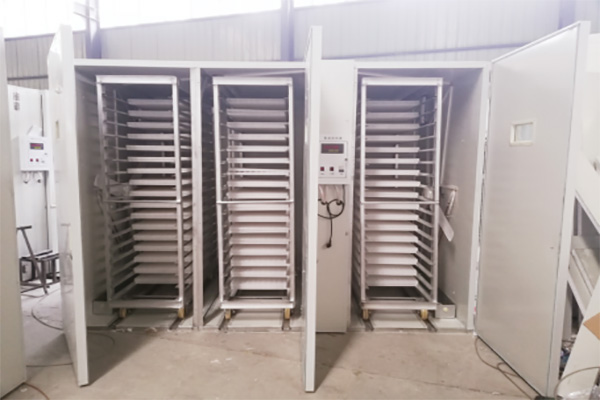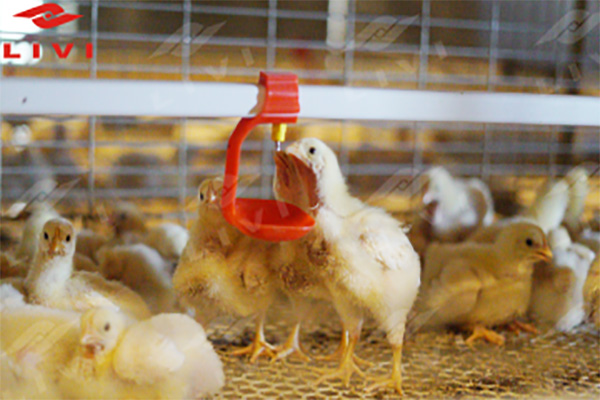
In today’s competitive poultry industry, large-scale layer hen farms seek technological advances that drive productivity while minimizing labor and disease risks. The automated H-type layer hen cage system developed by Zhengzhou Livi Machinery stands as a cutting-edge solution tailored for export markets. It combines automated feeding, egg collection, and manure cleaning with intelligent environmental controls, enabling farms to achieve the coveted "labor-saving, high-yield, and low-disease" operational benchmarks.
The intelligent automated feeding module adjusts feed quantity dynamically according to the hen's day-age, optimizing nutrition and reducing waste. Research indicates that precision feeding can increase feed conversion ratios by up to 12%, translating directly into higher egg production per bird.
Additionally, the automated egg collection system maintains optimal collection frequency, ensuring eggs are removed promptly to reduce breakage and contamination. Studies from large-scale operations report a 15% reduction in egg loss post-automation, boosting overall product quality.
| Key Metric | Pre-Automation | Post-Automation | Improvement |
|---|---|---|---|
| Feed Conversion Ratio (FCR) | 2.1 | 1.85 | 12% |
| Egg Loss Rate | 6% | 5.1% | 15% |
Manure accumulation can lead to rapid disease transmission and poor air quality on farms. The H-type automated cage incorporates an advanced manure cleaning mechanism synchronized with feeding and egg collection cycles. This continuous manure removal system reduces pathogen loads by an estimated 25%, based on field data from commercial farms.
The clinical impact manifests as a 20% reduction in respiratory illnesses among the flock, significantly lowering veterinary costs and mortality rates. Moreover, improved hygiene mitigates ammonia emissions, contributing to a healthier work environment.

Temperature swings in poultry houses stress hens and disable immune responses, undermining productivity. Zhengzhou Livi Machinery’s system integrates smart temperature sensors that dynamically work with manure cleaning schedules to maintain a stable microclimate.
This synergy optimizes hen comfort and disease resistance. Empirical monitoring shows a 10% increase in daily egg production attributable to stable environmental conditions achieved via this integrated control.

From mid-sized farms with a few thousand hens to industrial-level operations housing tens of thousands, the H-type cage system’s modular design allows bespoke configuration. Smaller farms benefit from simplified integration with existing infrastructure, while large enterprises gain from fully automated production lines.
Installation timelines average between 3 to 5 weeks depending on scope, with a typical three-year ROI period driven by labor savings and production gains.

First-hand reports from global poultry farmers highlight enhanced operational ease—daily labor hours decreased by approximately 30%, while egg yield per hen improved by 8–10%. The automated systems also provide real-time performance monitoring dashboards allowing data-informed decisions.
A self-assessment checklist offered facilitates farm managers to identify current pain points and evaluate the potential benefits of adopting automation:
Affirmative answers to these questions underscore a strong case for transition to automated cage systems. Integration with Zhengzhou Livi Machinery’s solution unlocks measurable productivity gains and enhances biosecurity.
